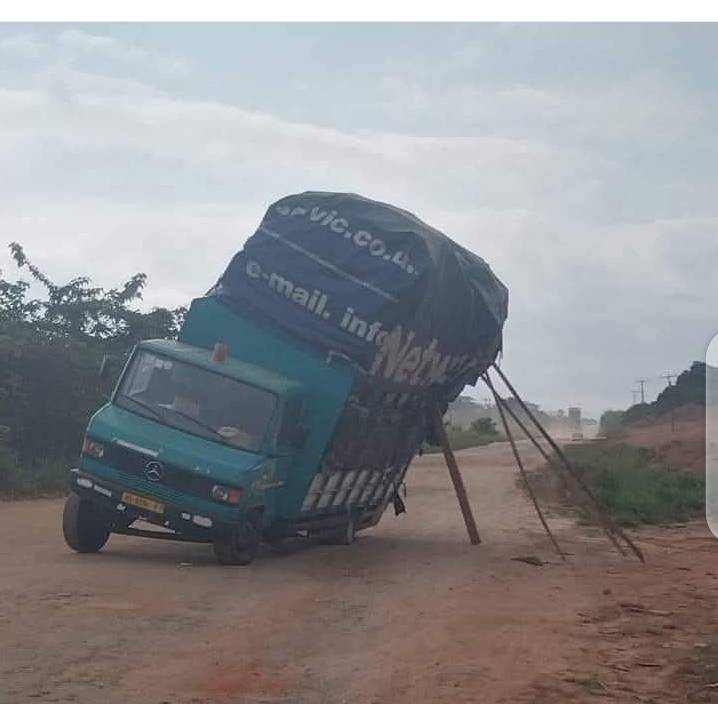The Fragility of Mamprugu Under Political Influence: A Warning for the Future
The recent trajectory of Mamprugu under the perceived leadership of Dr. Mahamudu Bawumia, Ghana’s Vice President, raises significant concerns. There is a pressing need to critically analyze the impact of political leadership on traditional kingdoms and the communities within them. The argument is clear: political dependence to sustain or build a kingdom is a fragile and unsustainable approach.
Historically, Mamprusis have been involved in conflicts with neighboring tribes such as Gonjas, Frafras, and Bimobas. These tensions have been exacerbated by the notion that their “brother†is a prominent figure in Ghana’s political hierarchy. However, such affiliations often lead to divisions rather than unity. The question arises: can a kingdom that thrives on political favoritism stand the test of time, especially when the tenure of political leaders is fleeting?
The dangers of relying on political power to sustain traditional authority are manifold. Political leadership changes every four or eight years in Ghana, but kingdoms are meant to endure for centuries. If Mamprugu leans too heavily on Bawumia’s position, what happens when he is no longer in office? There is a strong likelihood that this dependence will leave the kingdom vulnerable and divided, with internal and external conflicts arising from unmet expectations.
Furthermore, the treatment of neighboring tribes underlines a dangerous precedent. There are allegations that Mamprusis, emboldened by their political connection, have treated Bimobas and others in the North East Region with disdain. Such attitudes create unnecessary animosity and erode the fabric of coexistence that is crucial for peace and development in the region. It is essential for Bimobas and other tribes to carefully evaluate their political choices in the upcoming elections. Supporting a candidate or party perceived to prioritize one group over others may lead to continued marginalization and tension.
To ensure equitable development and unity in the North East Region, all tribes must demand leaders who prioritize inclusivity, justice, and peace over narrow ethnic or political interests. The region’s future depends on collaborative efforts and mutual respect rather than the dominance of any single group.
As the dust settles on the political ambitions tied to Mamprugu, the kingdom risks becoming more vulnerable and marginalized. The narrative of Mamprusis triumphing at the expense of others is not sustainable. Rather than relying on political power, traditional leaders and their communities must invest in fostering unity, addressing historical grievances, and building an independent and self-sustaining kingdom.
In conclusion, the Bimobas and other tribes in the North East Region must carefully consider their choices in the 2024 elections. A vote for divisive politics is a vote for continued conflict and marginalization. The time has come for leaders to rise above ethnic loyalties and focus on policies that benefit all citizens equally. The future of Mamprugu and the surrounding communities depends on this critical shift in mindset.




No comments yet
Be the first to share your thoughts!